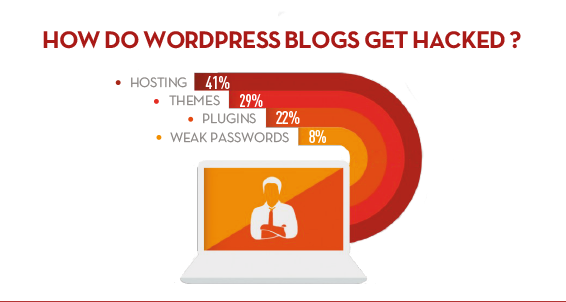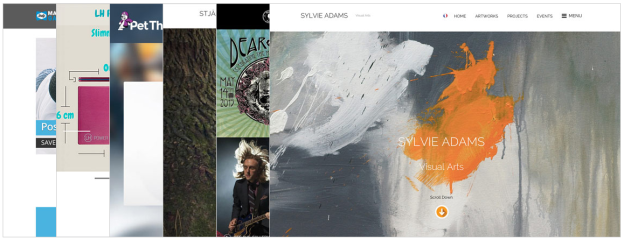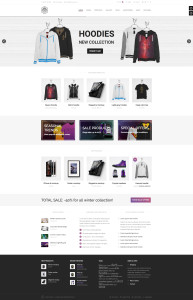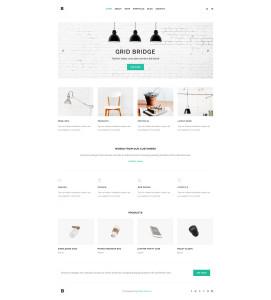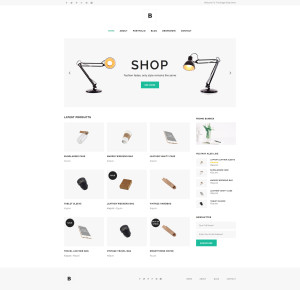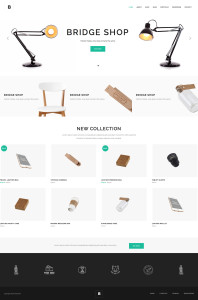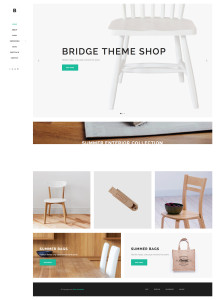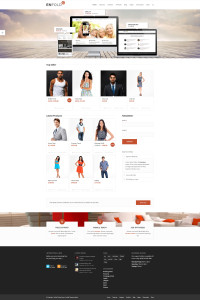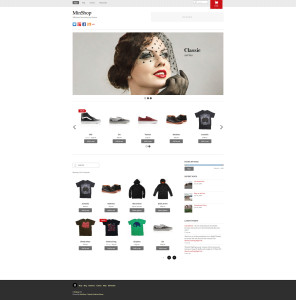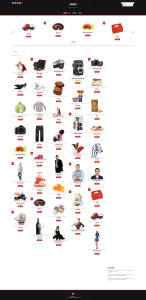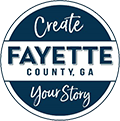Getting hacked can be a small business owner or blogger’s worst nightmare. A hacked website gives criminals direct access to your sensitive information, and the downtime your website experiences discourages visitors and customers from considering your business.
In short: the longer you’re offline, the more customers you lose.
Hacking is so prevalent that many website owners can assume that an unauthorized person has attempted to access their website. Just last month, SNL actress Leslie Jones’s own website had to be taken down after hackers flooded it with her personal information and photos. While most of us aren’t public figures, our websites have the same vulnerabilities. Website owners still have caches of valuable data that hackers might want — passwords, credit card numbers, email addresses, or even something as silly as bragging rights.
How do these blogs get hacked in the first place, and how can you prevent hackers from gaining access to your site?
- A hacker installs malware on your hosting platform. A vulnerability on your hosting platform is an open invitation to hackers, which explains why it’s the No. 1 way a hacker can access your data. Through this backdoor entry, hackers can do whatever they want to your website, including stealing your data, removing your content, and placing whatever images and text they like onto your site.
- Your blog’s theme is corrupted. Themes aren’t just aesthetically pleasing — they are essential to the proper function of your website. When your theme stops working, your entire site stops working — and is at risk.
- A plugin addition to your theme malfunctions. It is important to only install plugins from trusted and verified developers. Faulty plugins create gaps in security that make you susceptible to hackers.
- Make sure your password isn’t “password.” Create a strong password that doesn’t contain any personal information. While fewer cases of hacked blogs are caused by stolen passwords, it is still a basic step that everyone should take to uphold their website’s safety.
At Jason Hunter Design, we perform all the important updates that keep your website functioning properly and all of your information safe.
We offer three maintenance packages to our clients:
- Full-service maintenance (best value!): With the monthly maintenance package, Jason Hunter Design monitors your site around the clock, with consistent updates against potential hackers and threats. If your site goes down, we will restore it to normal working condition. We also post content and change images when needed. ($375/month for 12 months)
- Key updates: If your site goes down, we will restore it to normal working condition. We will implement any updates as they come out. ($200/month for 12 months)
- Pay as you go: We will notify you when an update is available, and you will tell us if you want Jason Hunter Design to add it to your site. ($125/hour)
Click here to compare the plans, view all the details, and determine which one is best for you.
Through Sept. 30, current Jason Hunter Design clients will receive 10 percent off the purchase of the full-service maintenance and key updates packages when they purchase 12 months of service in advance. Contact us to learn more about how Jason Hunter Design can keep your website and blog safe from hackers.



